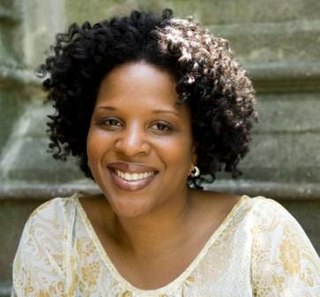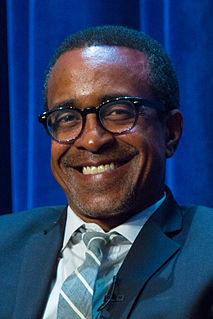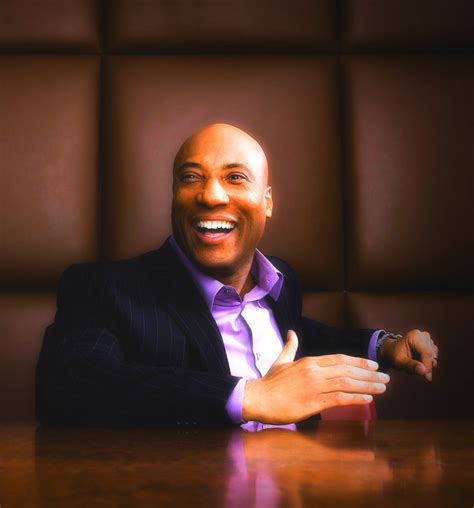A Quote by Tayari Jones
My first novel, Leaving Atlanta, took at look at my hometown in the late 1970s, when the city was terrorized by a serial murderer that left at least 29 African-American children dead.
Related Quotes
When I was a kid, I'd go to the African-American section in the bookstore, and I'd try and find African-American people I hadn't read before. So in that sense the category was useful to me. But it's not useful to me as I write. I don't sit down to write an African-American zombie story or an African-American story about elevators. I'm writing a story about elevators which happens to talk about race in different ways. Or I'm writing a zombie novel which doesn't have that much to do with being black in America. That novel is really about survival.
In the early 1970s in Atlanta, I attended what had formerly been an all-white school but had become a black school after integration and white flight. Perhaps because of this, the teachers created a curriculum that included a focus on African American literature and history year-round, not just in February.
African American children are significantly more likely to be obese than are white children. Nearly half of African American children will develop diabetes at some point in their lives. People, that's half of our children. ...We can build our kids the best schools on earth, but if they don't have the basic nutrition they need to concentrate, they're still going to have a challenge learning.
So you go away from where you were afraid. Some stay; some go; it's a big difference, leaving the humiliations of childhood, the morbid fear. We didn't have much to say to each other, the ones that left and the ones that stayed. Children get shamed by fear but you can't tell the adults that; they don't care. They make children into dead things like they are. If there's something left alive in you, you run. You run from the poor little child on her knees; fear burned the skin off all right; she's still on her knees, dead and raw and tender.
In the United States, the average is two children per family, while in Africa it is five children per family. On the surface, the statistic seems to indicate that Africans are having way too many kids and are taxing the Earth's resources, while American kids are born into families who are able to take care of them. However, the average American child consumes roughly the same resources as fifteen African children. So when an American family says they only have two children, they are actually consuming the resources of an African family of thirty children!
I sit here as the first African-American attorney general, serving the first African-American President of the United States. And that has to show that we have made a great deal of progress. But there's still more we have to travel along this road so we get to the place that is consistent with our founding ideals.
That's one of the biggest losses, I think, to African American families, is that people, once they left, they turned away from the South. They didn't look back, and they often didn't tell their children about it. They didn't want to talk about it. It was too painful, what they'd gone through and the caste system of the South, which was Jim Crow.

































